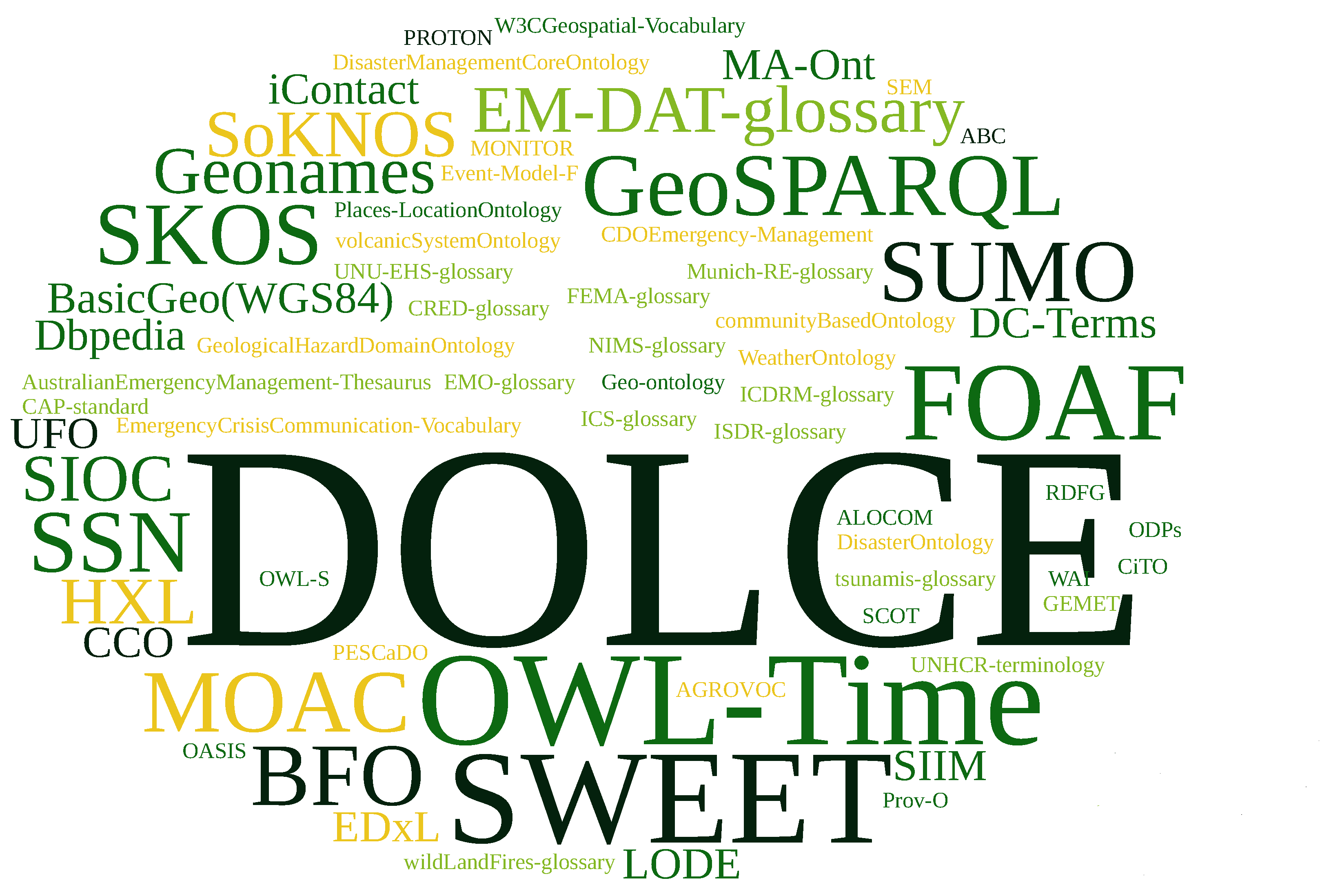Ontologies for the Disaster Domain - WOODD
The First International Workshop On Ontologies for the Disaster Domain will be a part of JOWO 2022(KGC2022).
Jönköping University, Sweden, August 15-19, 2022.

There is an increasing interest in semantically integrating diverse and heterogeneous hazard data-sets, along with representing hazard information in knowledge graphs. However, there are still significant deficiencies in state-of-the-art ontologies that can represent and connect hazard data across independent sources and variant schemas, for example, due to ambiguities in the interpretation of data, different and incompatible ontological commitments, the lack of web accessibility and clear identifiers for their terms, and insufficient metadata. Also, most hazard domain ontologies are inadequate for providing insight, through formal logic-supported inferencing, into the processes and relationships involved in the Natural Hazard-Disaster dynamic.
Recent trends indicate that the risks of natural hazards leading to disasters with impacts on human life and property are further exacerbated by rapid urbanization and climate change. The huge volume of hazard-related data made available from many disparate sources, sensors, and techniques to predict and describe natural hazard events and their related impacts are highly heterogeneous in structure and semantics. This leads to huge challenges in developing effective, evidence-based strategies for the mitigation, preparedness, response, and recovery from natural hazards that result in disasters. Integrated management of these heterogeneous hazard- and disaster-related datasets is key to efficient and effective preparation and response to disasters requires discussing some the following crucial domain and formal aspects that need to be addressed during modeling.
In order to address these issues, this workshop intends o bring together knowledge modeling engineers, domain ontology experts, developers of disaster knowledge graphs to discuss different techniques and rationale for constructing various ontologies in the disaster domain. This will potentially also set the stage for opening the floor for discussion about limitations of existing research, missing pieces, and overall address a key question “Do we need a domain ontology or a reference ontology for the hazard domain”?